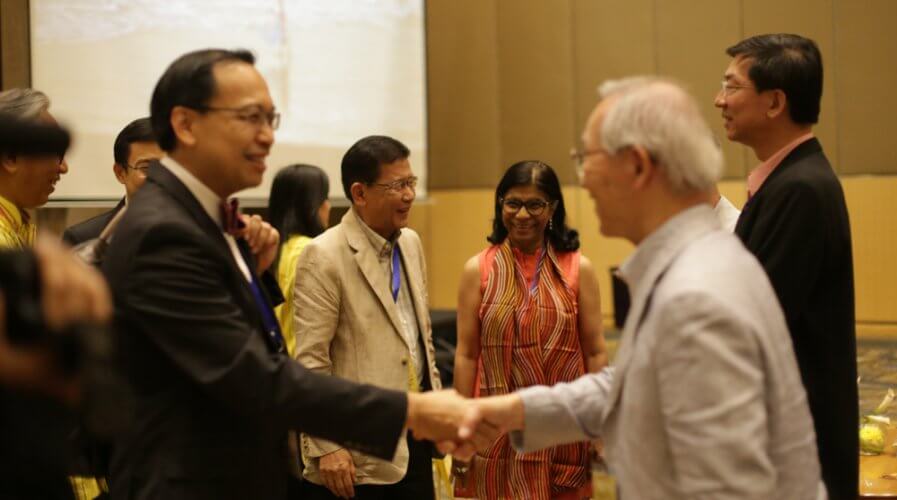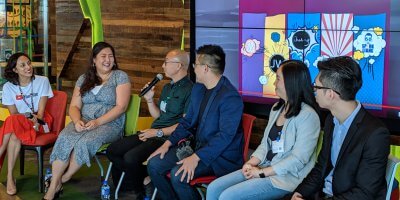
CIOs can find gig workers to help with tech transformation. Source: Shutterstock
Robert Half says Singapore CIOs tapping into gig economy for tech talent
SINGAPORE is the leader and pioneer of all kinds of commercial technologies as far as Southeast Asia or the Asia Pacific is concerned. Naturally, it has a strong appetite for talent in the technology space.
The country has been importing talent, technology or otherwise, for the past several decades. In recent years, however, there has been a steady decline in those numbers.
Singapore’s government has made a cautious effort to balance a need for talent while ensuring jobs are available for citizens with the right skills.
In fact, through various initiatives, the country is working on boosting local technology talent — among experienced executives as well as new graduates.
Truth be told, there is currently a bit of a deficit when it comes to talent for companies chasing digital transformation goals. However, the local market has a solution — gig workers.
According to a recent Robert Half study, many companies in Singapore are exploring how they can engage with the gig economy to hire employees for the short-term.
This option is quite interesting because it allows companies to gain access to experienced professionals who can accelerate technology projects while the company builds up internal capabilities to support and take those projects forward.
The recruitment agency’s study found that 53 percent of CIOs frequently hire experienced interim IT employees/contractors to implement digital transformation initiatives.
Given the fast-paced technology landscape, a contract-professionals provides companies with an agile team that can provide the necessary know-how when it comes to advanced projects, while complementing internal resources who are well versed with processes and possess industry knowledge.
Here are the top 5 roles in demand — which might be most quickly filled via the gig economy in the short-run:
- Cybersecurity analyst
- Technology risk manager
- Data scientist
- Project manager
- Software developer
CIOs confident in Singapore’s TeSA
Six in 10 CIOs told Robert Half that they believe that Singapore’s TechSkills Accelerator (TeSA) program, a SkillsFuture initiative, enhances skillsets among IT professionals in the country.
The program aims to help local technology talent get to grips with cutting-edge digital innovations such as artificial intelligence (AI) and the internet of things (IoT).
The study also found that 53 percent of CIOs feel that the TeSA program will create more competition among candidates for high-level roles — and see it as a positive future indication for local companies struggling to find high-caliber talent.
Further, CIOs in the country believe that the TeSA program will positively impact technology talent in the country as well.
Forty-one percent of CIOs said that the program can help increase average salaries for skilled IT talent and positively impact competition among employers looking to recruit the best of the lot when it comes to IT talent in the market.
Overall, it seems as though there’s no shortage of demand for technology professionals in Singapore.
However, in the future, local technology professionals also need to remember that to ensure they continue to remain in demand, they must take advantage of government initiatives and programs, and upgrade their skills in areas such as AI, IoT, 5G, and cybersecurity.
READ MORE
- Safer Automation: How Sophic and Firmus Succeeded in Malaysia with MDEC’s Support
- Privilege granted, not gained: Intelligent authorization for enhanced infrastructure productivity
- Low-Code produces the Proof-of-Possibilities
- New Wearables Enable Staff to Work Faster and Safer
- Experts weigh in on Oracle’s departure from adland






